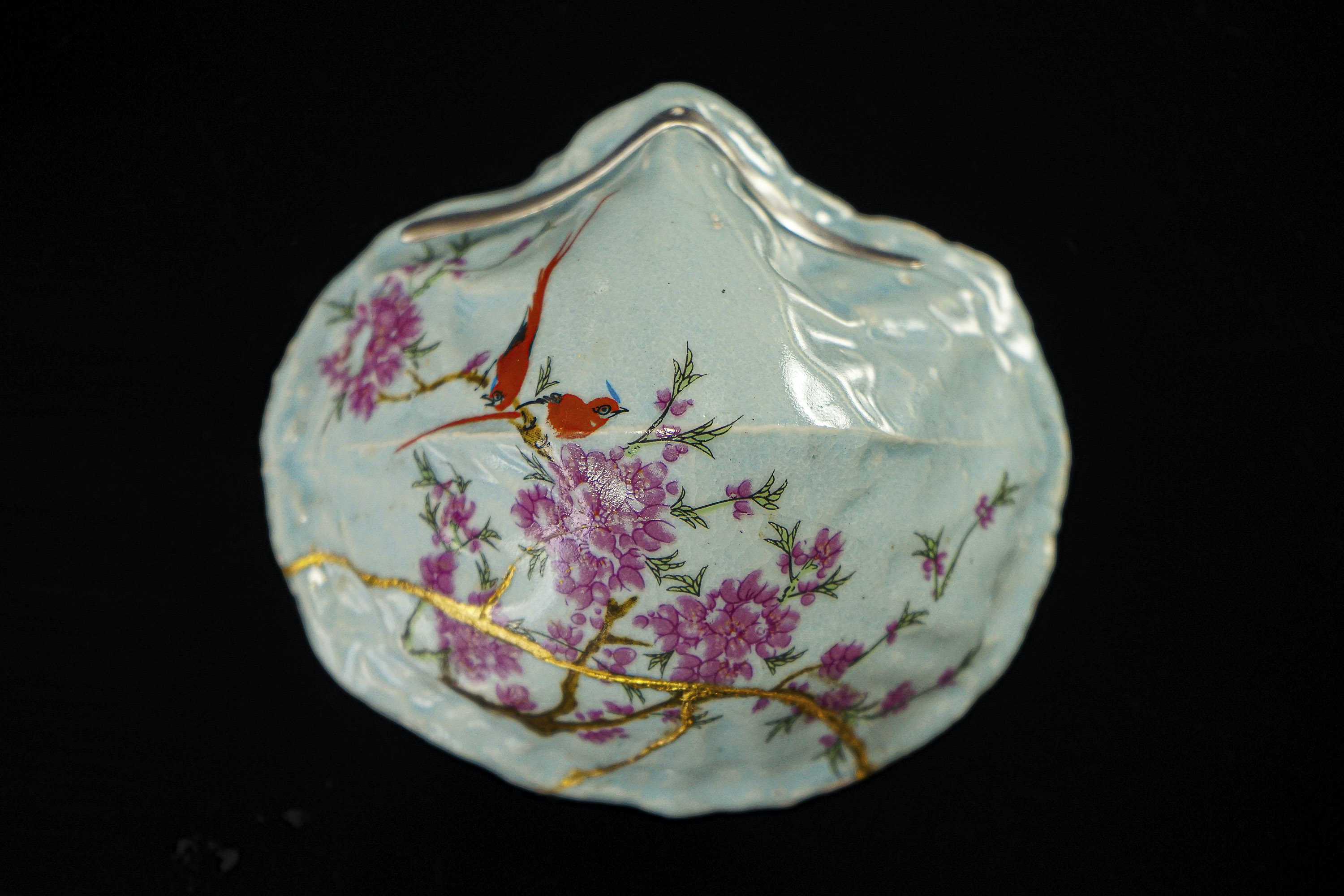
The University of Melbourne is once again supporting the National Gallery of Victoria's (NGV) Triennial exhibition as research partner.
First held in 2017, the NGV Triennial presents globally significant projects which demonstrate the extraordinary intersection between contemporary art, design and architecture, offering a visually arresting and thought-provoking view of the coronavirus world. The free exhibition opens on 19 December and runs to 18 April 2021.
The exhibition features over 100 major new commissions and recent works that span geography, perspective and genre. Four themes invite audiences to embark on a journey of exploration to discover intersecting ideas through works on display. Intimacy and awe, sadness and beauty, ruination and inspiration – a microcosm of the world today are found through illumination, reflection, conservation and speculation.
University of Melbourne Vice-President (Strategy and Culture) Dr Julie Wells said the research partnership provides many teaching and learning opportunities.
"The NGV Triennial brings together so many disciplines and genres featuring Australian and international artists. We are proud to continue our partnership for a second time and look forward to the many engagement and learning opportunities for our community of students, staff and alumni," Dr Wells said.
Along with accomplished artists and designers on display, are emerging practitioners like recent graduate Scotty So. Graduating with a Bachelor of Fine Arts (Honours) from the Victorian College of the Arts (VCA) in 2019, So's visual art has been displayed in two solo and several group shows, including exhibitions in Hong Kong, China and Australia.
Miwi Milloo (Good spirit of the Murray River) 2020 by master weaver Glenda Nicolls is also in the exhibition. Ms Nicholls is the recipient of the 2020 Hutchinson Indigenous Fellowship, administered by the University on behalf of the Helen Macpherson Smith Trust. A 2021 masterclass will allow students to learn from and engage with Ms Nicholls and her work.
University researchers have made a significant contribution to a five-volume publication of the exhibition. Disciplines include science, Indigenous knowledge, urban planning, technology, cultural studies, creative arts and critical thinking. Essays are by Professor Elisabetta Barberio, Tilly Boleyn, Dr David Challis, Dr Brendan Churchill, Dr Edward (Ted) Colless, Clair Collie, Zena Cumpston, Professor Tim Flannery, Dr Tessa Laird, Dr Hannah McCann, Professor Peter Otto, Associate Professor Leah Ruppanner and Dr Maria Tumarkin.
The research partnership sees University academics participate in Triennial Conversations, free public discussion panels over the opening weekend. These include:
Resonant Nature, Saturday 19 December 3.30pm-4.30pm. Dr Tessa Laird, a lecturer in Critical and Theoretical Studies at the Victorian College of the Arts, will join panellists to: Discuss how technology is part of our lives more than ever, but we are also hardwired to the natural environment. What does this relationship look like as we accelerate towards a future where advanced technology has the potential to change everything? How will technology and nature coexist – and how might our worlds change?
A Dark Horizon, Sunday 20 December 11am-12pm. Dr Edward Colless, Head of Critical and Theoretical Studies at the Victorian College of the Arts will join panellists to: Explore the implications of human extinction and the possibilities of Artificial intelligence (AI). Do we really have anything to worry about? The reality is that AI is becoming increasingly a part of our technology use and will grow to supplant a variety of human tasks and perhaps humans altogether.
Oceans on the Edge, Sunday 20 December 12.30pm-1.30pm. A conversation with Professor Madeleine Van Oppen, one of the world's foremost coral reef scientists and a duo of underwater designers who are each in their own way drawing on the potential of emerging research and technology to protect and restore coral reefs for our shared future.
The NGV Triennial is free and open until 18 April 2021.






